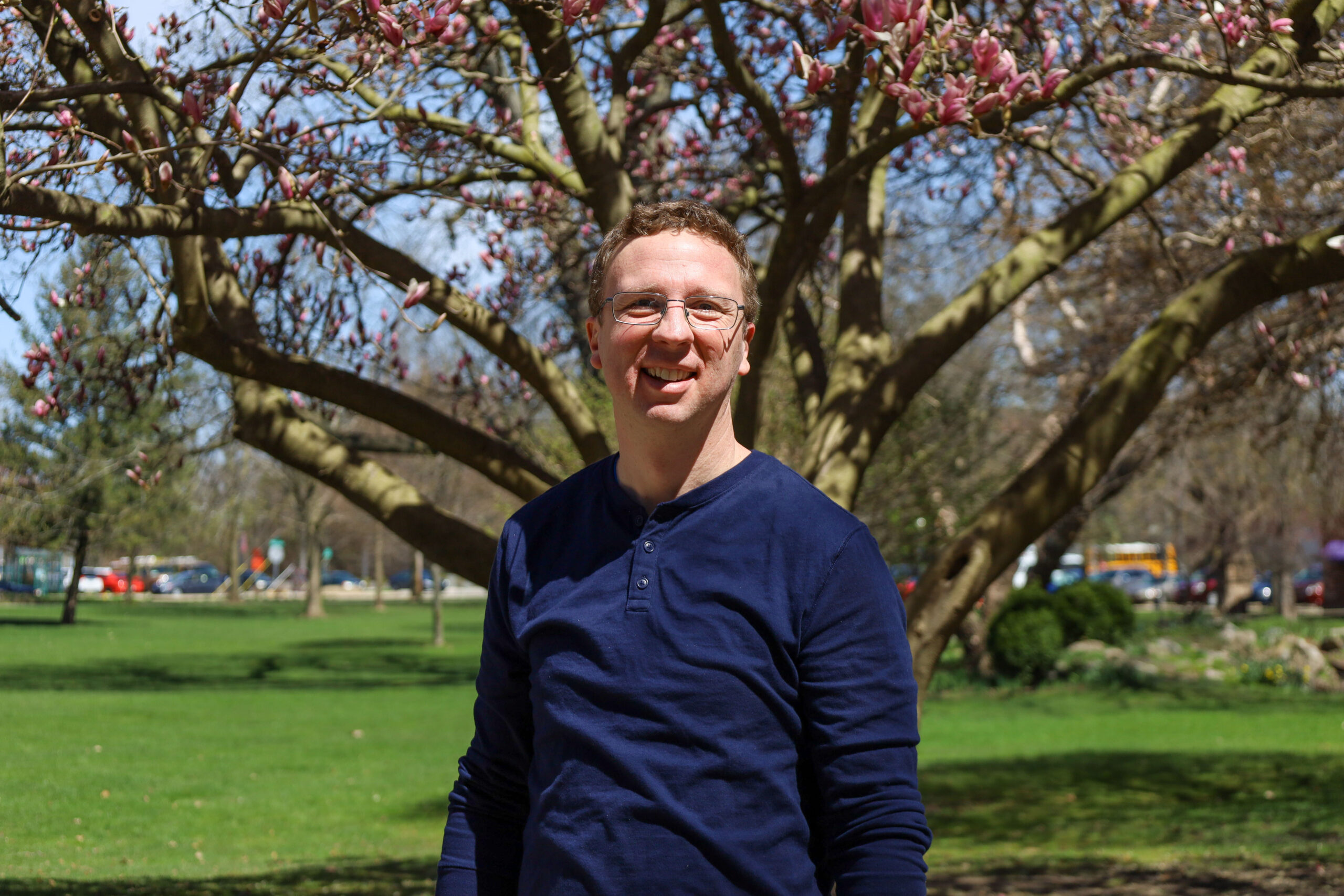Last spring, when I had yet to go on Study Service Term, I was probably like how most pre-SST Goshen students are: under the impression that the future me would be able to distill my SST experiences into some sort of coherent narrative, which I could then use to tell people how SST gave me a unique perspective on…something….which gave me unique insight into…something else. Hopefully, both of these things would be at least somewhat profound so that I could put them in my SST portfolio and demonstrate that I had been successful at the “progression of intellectual development,” to quote the SST portfolio rubric. Apparently, this is what SST is all about.
However, since returning from SST two months ago, I’ve only been able to draw one watertight conclusion: that there is something fundamentally weird about SST as some kind of orderly progression of wisdom-gaining.It may be that I’m biased on this point because, after breaking my ankle four weeks into SST, I got to have all kinds of fun, alternative learning experiences that not everyone gets to have on their path to developing a global identity or whatever it is you are actually supposed to do on SST.
I learned the sometimes futile nature of attempts to argue with foreign doctors over the legality of them writing you receipts. I learned the deep and abiding moral conflict that arises in my soul when I am forced to choose between a) leaving the office at my service school to actually interact with students or b) protecting my already-injured self from possibly becoming more injured at the hands of the overexcited multitudes of elementary schoolers running through the halls. I learned any of a dozen other things which I could tell you about if this was something longer than a Record article.
In summary, the general effect of all this was that, rather than returning to the States with some grand, new understanding of “the place of the U.S. in the world community” or of how to “do service properly,” I mostly just returned with a refreshed appreciation of the darkly humorous unpredictability of life and a temporary limp that made me look (according to certain SST peers) like some drunken creature from the Walking Dead.
I did feel that I had gained some amount of appreciation for the positive things in life, like the existence of humans who took me in as their own flesh and blood even though I was just some random foreigner with the linguistic capabilities of a four-year-old. Or the existence of the other three students at my service placement who would faithfully come visit me at my house every week since I couldn’t really go anywhere.
But I mostly just felt more confused about the overall goal of SST than when I had left, and annoyed that all the SST stories I had previously heard seemed to contain some kind of actual narrative thread tying everything together.
The Wikipedia page entitled “Narrative Identity” says, “Some amount of coherence is always necessary in a narrative, otherwise it will be incomprehensible, while too much coherence may make the narrative hard to believe, as though it too-neatly ties together the complexity of life.” In the opinion of my just-returning-from-SST-self, all the SST stories I had previously heard suddenly seemed to contain an irritating amount of coherence.
However, after a while, I started to wonder if the experience of not knowing how to organize your SST experiences into any kind of narrative worthy of being told is more common than it appears.
The construction of stories almost always requires you to leave things out. Rather than just telling what happened, constructing stories about our experiences usually involves us picking and choosing what we think is important, with lots of jumping around and skipping things that might be interesting to whomever we’re talking to, but which we leave out because they don’t seem important to us. Presumably, this concept would apply to SST stories as well, meaning that whereas you might think someone is telling you the whole story about their experiences on SST, chances are that they are probably just telling you the things that seem most important to them at the moment.
The point is: no matter what kind of theme seems to emerge out of most SST stories, the fact remains that your SST experience will be unique to you and, therefore, you shouldn’t feel obligated to organize it using some pre-existing framework. I’ll admit that you probably do have to at least temporarily pick a framework to complete your SST Mahara portfolio, but after that, you have the whole rest of your life to think about your SST experiences and the story, or stories, or lack thereof, that seem to best fit.



